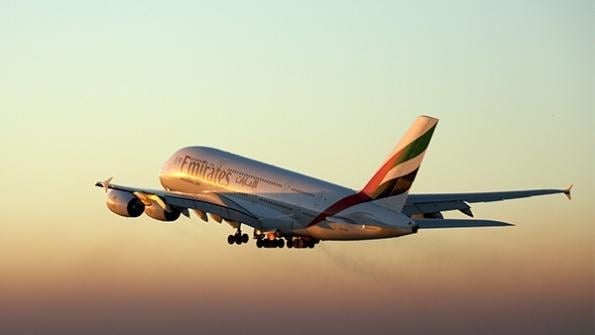
Ask the Editors: The Aviation Week Network invites our readers to submit questions to our editors and analysts. We’ll answer them, and if we can’t we’ll reach out to our wide network of experts for advice.
Emirates CEO Tim Clark sounded upbeat on your June 2 Air Transport webinar. A few weeks ago, however, he was quoted as saying the Airbus A380 was history. What has changed?
Aviation Week Executive Editor, Commercial Aviation Jens Flottau answers:
The future of the A380 fleet at Emirates remains unclear. What number of A380s the airline will operate is highly dependent on the speed and timing of the market recovery. There are now indications that, within regions, demand is picking up again and short- and medium-haul travel will come back. But Emirates is highly dependent on long-haul connections, where demand is expected to take much longer to rebound since travel restrictions remain in place in many countries.
The Emirates business model is highly dependent on the A380, high-volume traffic flows and low unit costs. With 115 in the fleet, the airline cannot easily or speedily transition to another aircraft, even if it wants to. Because the financial impact of leaving them on the ground is huge, the airline has an incentive to get them flying soon. Clark has repeatedly indicated that he sees the vast majority—but not all—A380s returning. Those plans are based on a business model that has worked in the past.
However, Emirates has now placed orders for smaller long-haul aircraft—most importantly, the Airbus A350 and the Boeing 787—which signals a shift in strategy. It will take many years until that shift will be visible, given that no airline, including Emirates, can accept many new aircraft deliveries in the short term. But over time, the A380 will likely make up a significantly smaller part of the Emirates fleet.
Emirates is the exception, though. Air France has announced that it will not fly its A380s anymore, and Lufthansa is likely to follow. And the A380’s large size means it is likely to be among the last aircraft to return to service at airlines such as Qantas or British Airways. There is also a chance that a substantial number of additional operators will terminate A380 service altogether as a consequence of the coronavirus pandemic and the financial pressures it has created.





